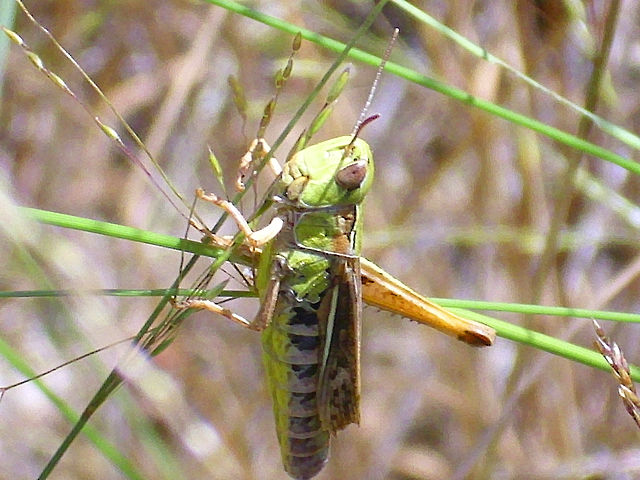The hazardous security situation plus difficult access to some locust breeding grounds are constraining control efforts, Cressman said. This makes it unlikely that all locust infestations will be found and treated on the ground - especially in Mali.
FAO has brokered agreements with countries that have available appropriate pesticide stocks - Algeria, Morocco and Senegal - to donate them to Mali, Niger and Chad. This will avoid increasing stockpiles of hazardous chemicals in the region. The supplies are being airlifted with the support of the World Food Programme.
FAO appeal
Last June, FAO appealed for $10 million to maintain and expand operations. So far, $4.1 million has been received, allowing field operations to continue throughout the summer in Mali, Niger and Chad, thanks to the support from the governments of France, United Kingdom and United States, as well as bilateral assistance to Niger.
A regional meeting organized last month by the FAO Commission for Controlling the Desert Locust in the Western Region (CLCPRO) and the World Bank confirmed that the full appeal is sufficient to cover the costs of the control campaign in the region until December. Efforts are currently underway to obtain the remaining funds.
Frontline countries in the Sahel such as Mauritania, Mali, Niger, and Chad have trained locust survey and control teams but they need external assistance, especially vehicles, equipment and pesticides, to respond effectively to a full-scale emergency. Mali is particularly short of equipment after more than 30 pickup trucks were looted in the northern part of the country.





